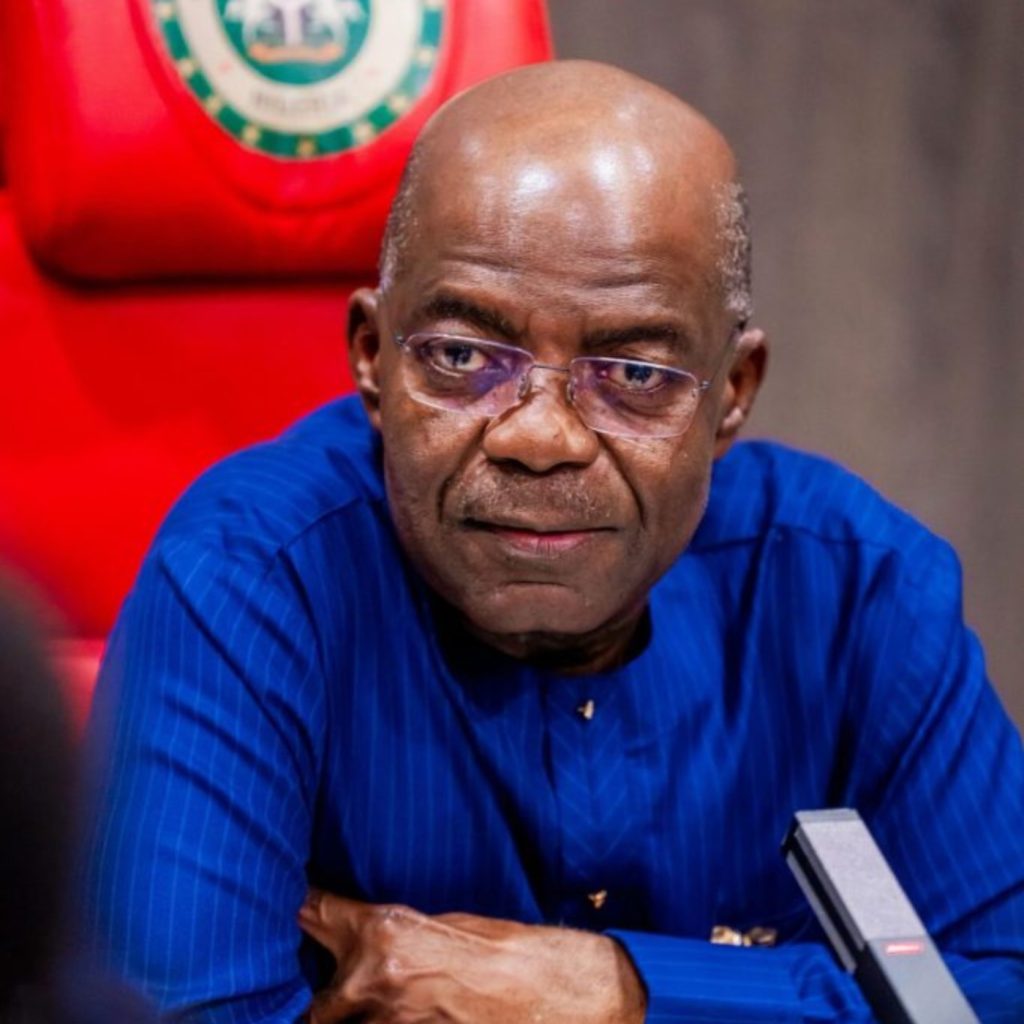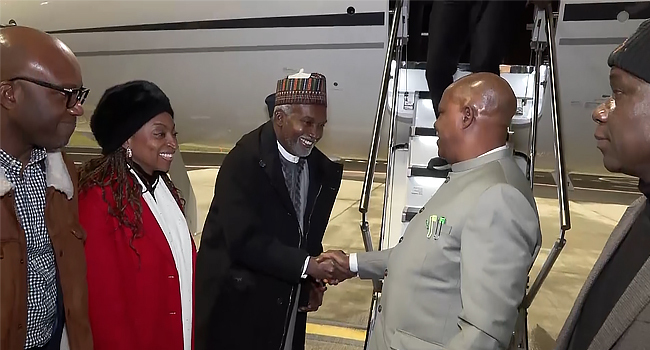The hopes of Nigerian workers for a significant pay rise have been dashed as the Federal Government admits to a shortage of funds. The government’s commitment to paying an additional N35,000 wage for six months has hit a roadblock due to financial constraints.
Investigations conducted by Vanguard reveal that the Federal Government may not have enough money to fulfill its initial announcement made in May 2023 when the subsidy on petrol was removed. Back in October, President Bola Tinubu signed a memorandum of understanding with the Nigeria Labour Congress (NLC) and the Trade Union Congress (TUC), agreeing to pay an extra N35,000 to each federal government employee. Additionally, a 40% special salary increase was promised to cushion the effects of the subsidy removal.
While workers welcomed the announcement, there were reservations expressed by the NLC regarding the awards made by the Presidency. However, it appears that despite the promise made, the federal government lacks the necessary funds to pay all categories of workers under its employ.
Government agencies have been explicitly informed of the cash shortage and have been instructed to seek funds internally to pay their workers. They have been advised not to rely on funds from the federation account. While workers who are considered “treasury-funded staff” have already been paid, those in departments and agencies that receive their allocations from the consolidated revenue funds will not be paid directly by the federal government.
Instead, the affected federal departments and agencies have been ordered to source funds themselves in order to pay their workers the N35,000 wage award and the 40% special salary increase. This directive has caused frustration among the departments and agencies as workers prepare to fight for their rightful payment, much like their counterparts in ministries.
The government’s inability to pay all its workers became apparent when the National Incomes and Wages Commission (NIWC) issued a memo to various government officials and agencies, specifying who should be paid and who should rely on themselves for payment. Dated October 19, 2023, the memo requested that agencies on consolidated revenue not expect government allocation for payment of the wage award.
Although many of these agencies do not generate revenue, the NIWC advised them to either use their internally generated revenue or rely on statutory allocation to pay their workers. The memo signed by the chairman and CEO of the NIWC, Mr. Ekpo Nta, stated that the implementation of the N35,000 wage award for federal government ministries, departments, and agencies would be funded from the treasury.
However, the government’s request for agencies to find their own funds has left them confused and worried, as they lack the necessary resources to pay. Many workers have voiced their concerns and even threatened to disrupt operations if they are not paid promptly, echoing their counterparts in core federal ministries.
As the Nigerian government grapples with these challenges, the promise of a salary increase hangs in the balance, leaving workers disillusioned and uncertain about their financial futures.



